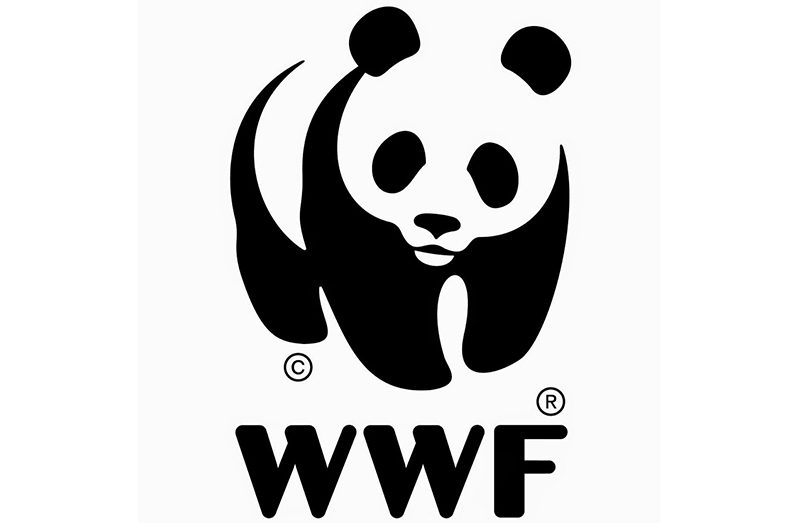-says WWF Guianas; welcomes move to have Exxon pay for excess flaring
AS Guyana develops its oil and gas industry, WWF Guianas has reissued its calls for a full environmental and social assessment of Guyana’s oil and gas industry so that economic development does not eclipse Guyana’s low-carbon, sustainable future.
According to a press release from WWF Guianas, the full development programme for offshore oil-and-gas production is yet to be known, and as such it is difficult to anticipate and plan ahead for what potential environmental impact may be brought on as the development of the industry continues.
“Environmental and social Impact assessments, done at a project, sector or policy level provide a strong and objective means to help stakeholders to better understand issues that will affect them, their communities and the environment to which they are connected,” the WWF stated.
It was also noted that such assessments can lead to the co-creation of long-lasting and sustainable solutions that are less costly and less conflicting.
“While a few may have a grasp of the issues, the average person has little chance to engage on most of these issues in a fact-based or rational manner,” the release stated, adding: “The reality is that the oil and gas sector will cause double-figure GDP growth over the next few years, starting from a growth rate of 43.5 per cent in 2020 according to CARICOM.”
The organisation, however, noted that Guyana’s reputation faces a risk over the reception that it is forsaking its low-carbon and sustainable future to embrace the oil and gas industry. The WWF Guianas pointed out that Guyana’s carbon emissions have already increased as a result of the gas-flaring offshore, making the country a carbon emissions exporter.
“Though not a silver bullet, a full assessment of the oil and gas industry will certainly help. People need to be aware and fully engaged on such a mammoth transformational development that will make Guyana the biggest per capita petro-producer in the world in a few years’ time,” the release underscored.
It added: “A well-structured, transparent and equitable mechanism is needed for the country to have any chance to ensure that the oil and gas sector does not destroy our society as has happened in most other oil-producing developing countries, much less to ensure Guyana’s continued commitment to a low-carbon and sustainable future.”
Cognisant of the impact flaring has had on the environment, it was also noted that the WWF welcomes a recent announcement by the Environmental Protection Agency (EPA) that ExxonMobil and its partners CNOOC International Ltd and Hess Corp. will have to pay US$30 per tonne of CO2eq that they release from unregulated gas- flaring from their offshore operations.
“We also welcome the stricter enforcement of planning permits and application of the law on specific project developments related to this new sector of the economy. These are good, specific steps, but the issues are much bigger,” the WWF stated too.
The WWF also took note of the recent destruction of mangroves along the West Bank of the Demerara river and gave a reminder that destruction of the vegetation should not be accepted without great deliberation as to the costs versus benefits to society.
The WWF noted that mangroves protect the coastline and riverbanks in Guyana, from erosion and flooding; they connect saltwater from the ocean to the freshwater produced by rivers.; they support Guyana’s rich biodiversity, as they feature complex ecosystems where aquatic wildlife, coastal birds and other animals thrive; and they have climate-protection and mitigation benefits. It was also noted that mangroves are known for their exceedingly high carbon-storage potential that rivals terrestrial forests and for many communities, mangrove forests are also a key source of their livelihoods.
The release noted that the WWF continues to be committed to working with government and other stakeholders to mainstream sustainability in Guyana’s development efforts and help to reduce the environmental impact and protect sensitive habitats that will be irrevocably damaged by the oil and gas industry.
Meanwhile, the swathe of mangroves on the WBD is being cleared by TriStar Incorporated, a company owned by Guyana-born Krishna Persaud, who hails from Region Three, but is a naturalised United States (U.S.) citizen. The man has the intention of establishing a US$100 million proposed shore base and wharf facility at the said locality.
Public Works Minister Juan Edghill, pointed out that the eastern bank of the Demerara river, which now houses stellings, wharfs and shore base developments, was once lined with mangroves, which had to be cleared to facilitate those developments, as “development comes with changes.” He explained that the same is necessary for the western section of the Demerara River.
He, however, noted that the developer has included “hard structures that will be built to mitigate flooding” and protect properties from flooding, in the engineering design.
He lauded the development by TriStar, noting that the facility will create some 150 jobs for Guyanese, which is in alignment with the People’s Progressive Party/ Civic (PPP/C) elections campaign promise of creating 50,000 jobs.




.jpg)









